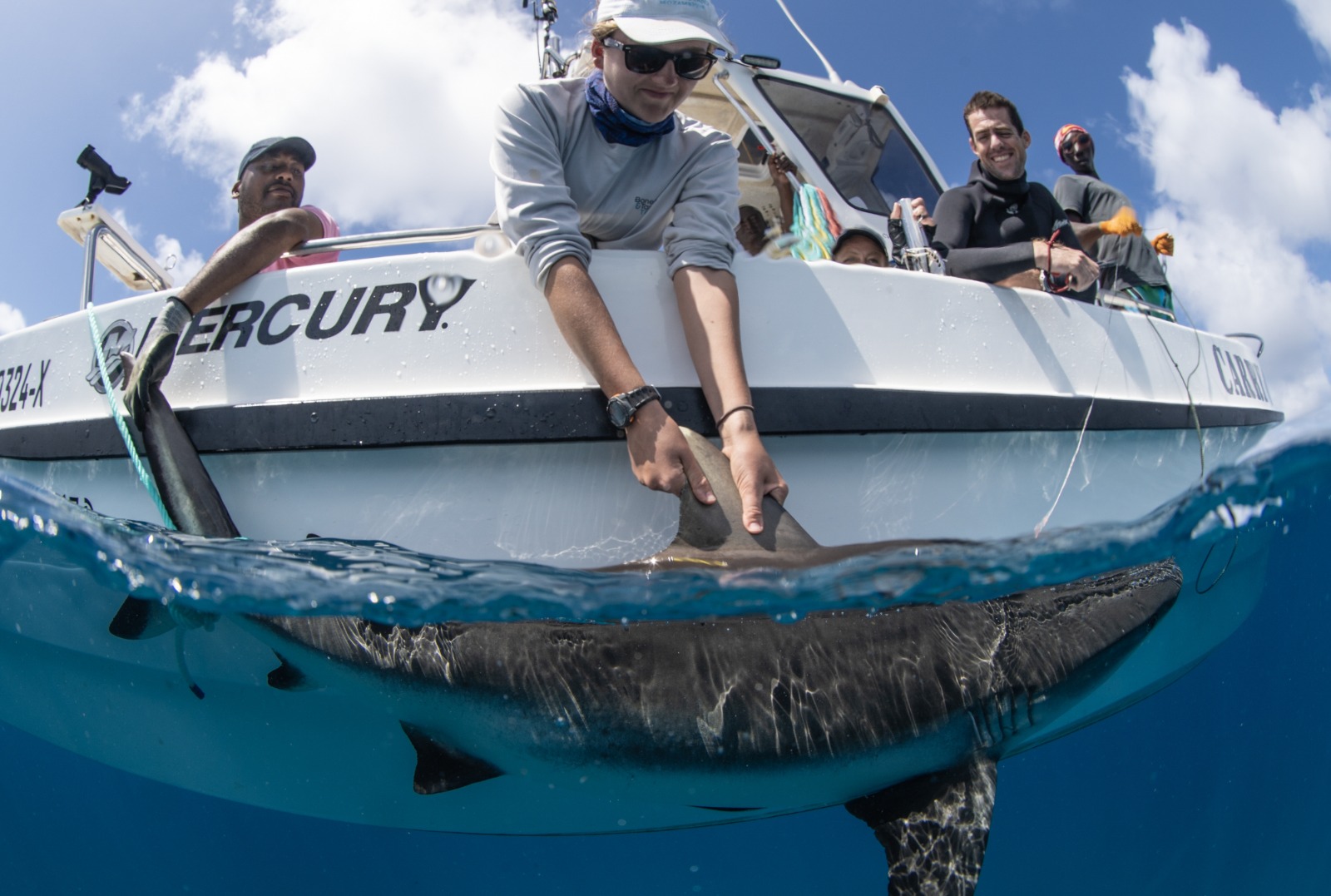

The research programs in the Department of Integrative Biology (iBio) are internationally recognized for their quality and research mentoring. With teams of undergraduate students, graduate students, postdoctoral fellows, and collaborators, our iBio researchers work in many key ecosystems around the Earth, from the neotropical forests of Costa Rica, to Canada’s Great Lakes, Pacific and Atlantic coasts, and all the way up to the Canadian Arctic. Our faculty’s research programs focus on a wide range of disciplines wide range of disciplines in ecology, neuroscience, physiology and evolution.
Central to the department’s core focus is that our researchers approach their studies using a wide range of integrative and cutting-edge techniques in wild and laboratory animals to solve complex issues facing our planet, with a large degree of integration within and across projects. In fact, to solve the complex issues currently facing our planet, we integrate many of these components within single projects! The outcome is projects that make meaningful impacts across a diversity of pure and applied disciplines, while also helping to shape policy with our many non-academic governmental partners.
Research in the Department of Integrative Biology is enormously collaborative, both within the department as well as with academic, governmental and NGO researchers both across and outside Canada. We partner closely with Indigenous and local farming communities, biology-related Industry, and we engage in science-policy dialogue at a range of scales. A fundamental emphasis for our research programs is a strong and positive training and mentorship environment for our teams. Many undergraduate students participate in research and even publish their findings from a diversity of different research experiences. Graduate students form a central part of the research that takes place across the university, and postdoctoral fellows contribute heavily to many research teams in the department. The quality of our research programs is highlighted by the high levels of research funding from NSERC Discovery and Equipment Grants, NSERC CREATE Training Grants, Canada Research Chairs, and also include multi-million dollar grants from Genome Canada and the Canada Foundation for Innovation (CFI). Recent examples of large grants to iBio faculty members include GenFish and FishCast

